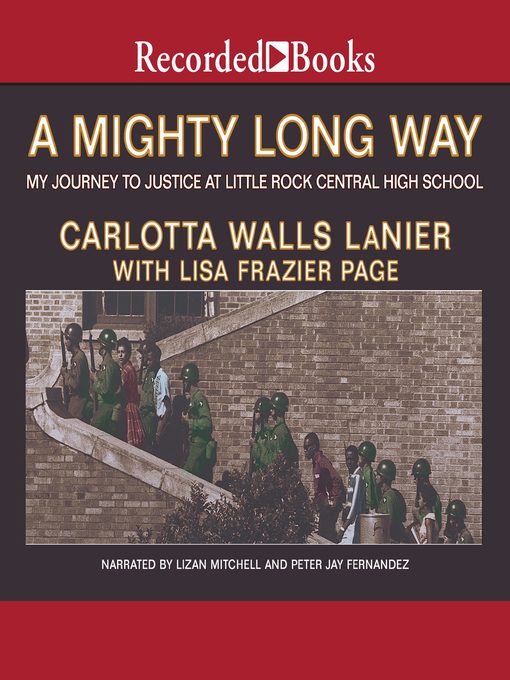- Available now
- New eBook additions
- Most popular
- Try something different
- Test Prep eBooks
- Cookbooks Galore!
- In Another Era: Top Historical Fiction
- Up Close and Personal - Biographies & Autobiographies
- New kids additions
- New teen additions
- See all ebooks collections
- Available now
- New audiobook additions
- Most popular
- Try something different
- The Great Courses
- Top Thrillers
- New kids additions
- New teen additions
- See all audiobooks collections
- Spanish Titles
- Para Adolescentes
- Chinese Titles
- Japanese Titles
- French Titles
- Livres en français
- See all language collections collections

